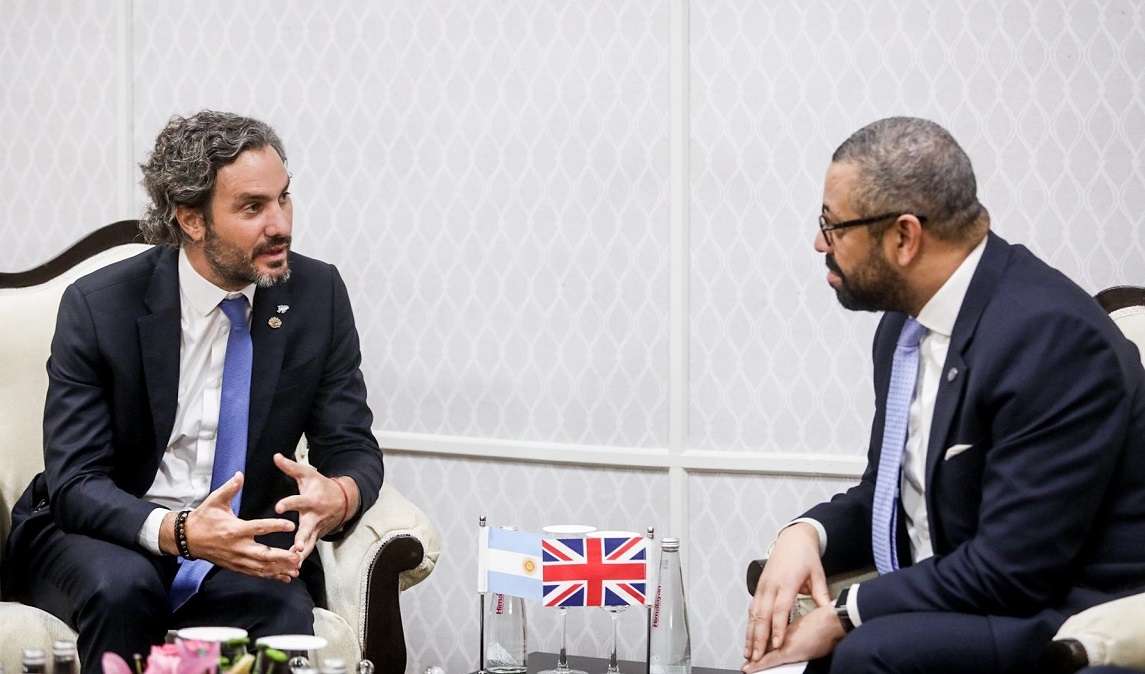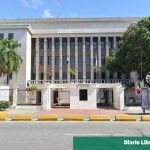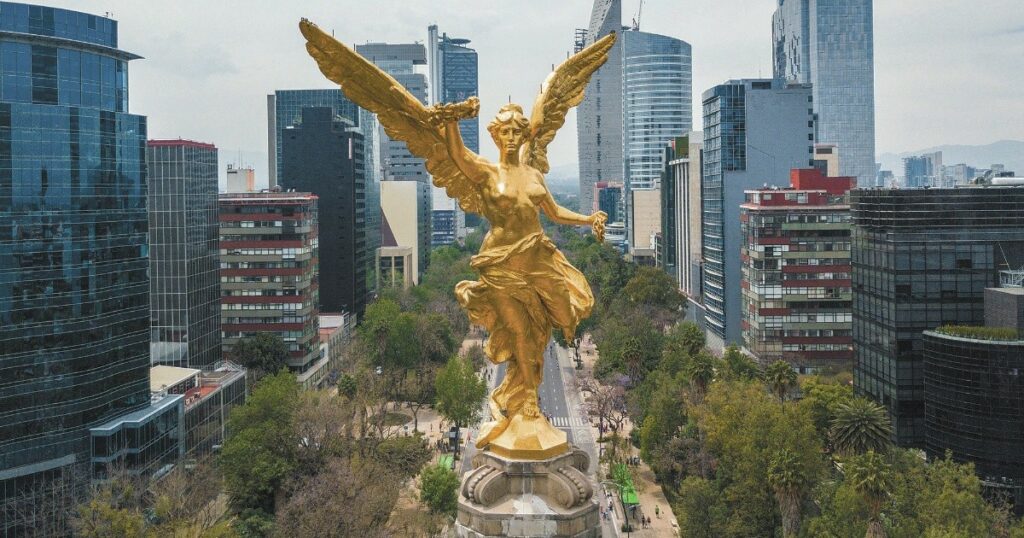Foreign Chancellor of ArgentinaSantiago Cafiero, communicated This Thursday to the United Kingdom the end of the “Foradori-Duncan” pact, reached in 2016, which negotiates over the Malvinas Islands, whose sovereignty is held by the British but historically claimed by the South American country.
The Argentine government’s decision was announced during a meeting between Cafiero and his British counterpart, James Cleverly, on the sidelines of the G20 foreign ministers’ meeting being held in New Delhi.
Malvinas issue: Argentina notified the decision to put an end to the “Foradori-Duncan Pact” of 2016.
I did it in a meeting with the Secretary of State for Foreign Affairs of the United Kingdom, James Cleverly, at the Chancellors Summit of the @g20org in New Delhi, India. pic.twitter.com/ZQnwKgKUtI
– Santiago Cafiero (@SantiagoCafiero) March 2, 2023
The note indicates that from Buenos Aires they have sought to collaborate on specific issues such as flights, scientific activity in Antarctica or conservation and preservation of fishing resources, “without the willingness shown by Argentina having been reciprocally responded to by its government.” ‘.
The pact, sealed during the Government of Mauricio Macri (2015-2019), “made concessions to British interests regarding the exploitation of Argentine natural resources in the region and regressed notably in the just claim for sovereignty,” explains a report from the agency efe.
The Argentine foreign minister proposed to Cleverly a first meeting before the UN in New York “to restart the discussion for the sovereignty of the Malvinas Islands,” as Cafiero himself explained from his Twitter account.
The agreement between the two countries covered a wide range of issues related to the bilateral relationship, but also a section related to the Malvinas, leaving aside the question of sovereignty, an issue that London has refused to negotiate since the war with Argentina in 1982.
The pact “represented the lifting of all administrative, legislative and judicial measures that the Argentine Republic had taken to protect its natural resources against the illegal exploitation of fishing and hydrocarbons,” detailed the report of the Spanish agency.
















